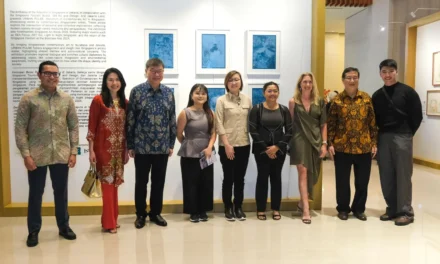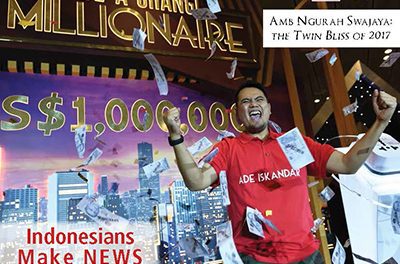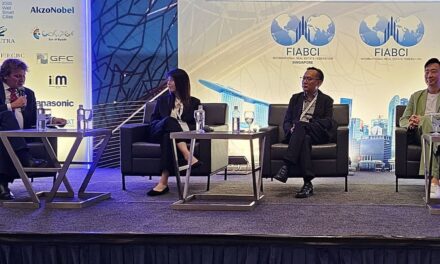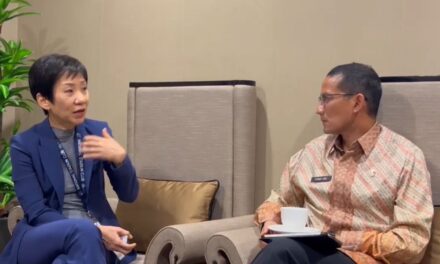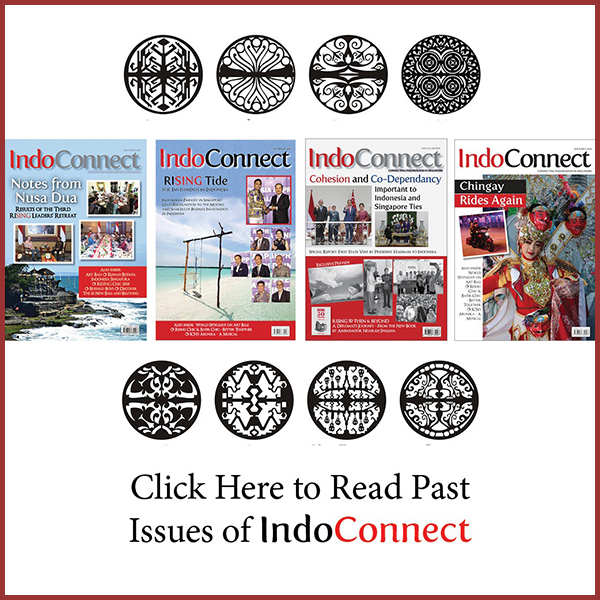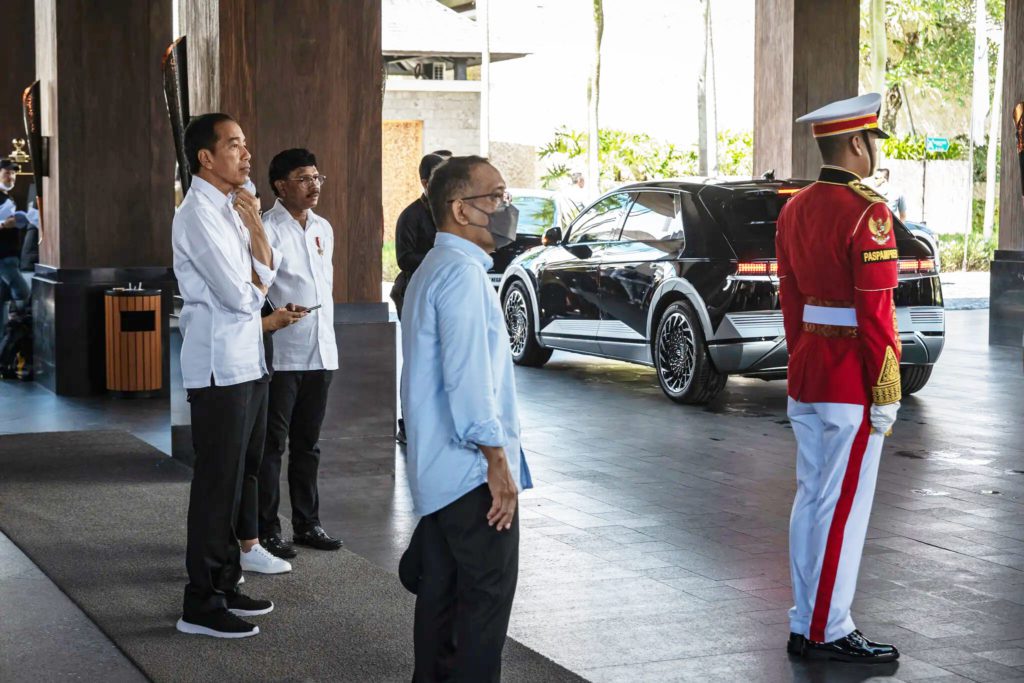
The New York Times yesterday featured the The Indonesia president, who has kept his focus close to home, is seeking a bigger role on the global stage, albeit with a domestic agenda. His next big test: the G20 summit.
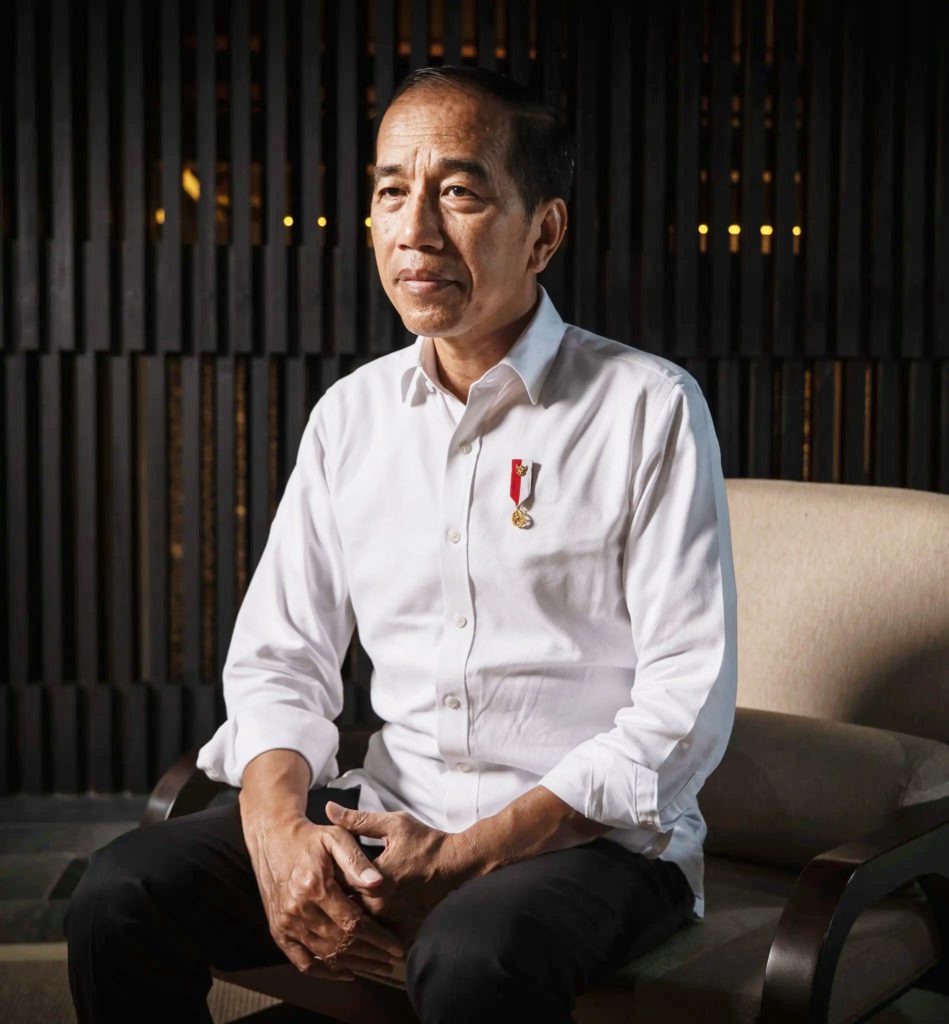
THE New York Times (NYT) Southeast Asia bureau chief Sui-Lee Wee profiled the efforts of the Indonesian President in building a more international profile diplomatically when four months ago President Joko Widodo of Indonesia tried to engineer détente. He travelled to Ukraine to meet with President Volodymyr Zelensky, offering to bring a message to President Vladimir V. Putin of Russia. Then, he flew to Russia, where he urged Mr. Putin to start a dialogue with Mr. Zelensky. Although in the end, the President Jokowi was not able to make great breakthroughs, at home, the trip was well received, with front-page stories lauding Mr. Joko for being the first Asian leader to travel to Russia and Ukraine since the war began, and suggestions from his supporters that Mr. Joko should earn the Nobel Peace Prize.
The NYT feature posits that the Indonesian President has pinned his legacy on economic growth and is well aware that the war in Ukraine could derail his gains, as he nears the end of his second and last term in office. This week, he is chairing the Group of 20 summit of global leaders, which he described in an interview with The New York Times as perhaps the “most difficult” one yet, given the broader political climate. The article provided several insights on the way he ran his administration: “When Mr. Joko was newly elected in 2014, his foreign policy advisers had to persuade him that it was important to show up at his first G20 summit.
“He was more practical,” said Meidyatama Suryodiningrat, the president of Indonesia’s national news agency, LKBN Antara. “He was like: ‘OK, why should I attend a meeting of 20 heads of state when we’re just sitting around really doing nothing?”
In the interview with the Times in the Indonesian island of Bali, where the G20 is set to take place, Mr. Joko said his priorities back then were domestic stability and growing the economy.
“Foreign policy is an extension of the situation at home,” he said. Mr. Joko has never attended a meeting at the United Nations. Asked why, he said with a laugh, “Because I like real and concrete results.” He added that he sends his foreign minister, Retno Marsudi, regularly to the U.N. and is in regular contact with the U.N. Secretary-General, António Guterres.”
For the full story visit here.

